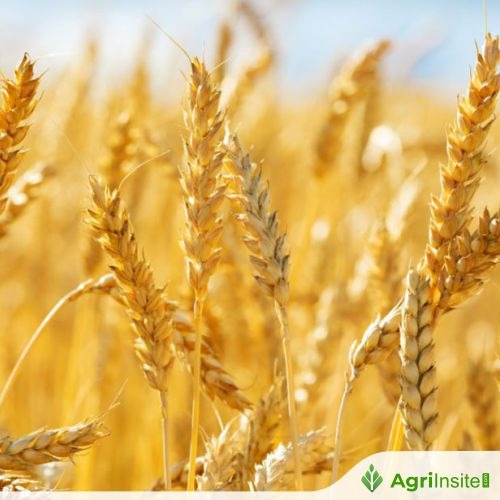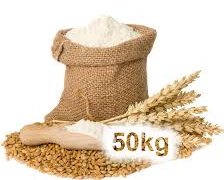Iraq achieves self-sufficiency in wheat for third year in a row

Iraq’s Ministry of Agriculture announced the country has achieved wheat self-sufficiency for the third consecutive year, with 4 million tons produced in 2025, excluding the Kurdistan region. This success is attributed to government support, improved irrigation, and seed distribution. However, a 1.5 million ton surplus is costing the government \$500 million due to generous farmer subsidies.
The Iraqi Ministry of Agriculture declared on Tuesday that it had achieved self-sufficiency in wheat for the third year in a row.
The wheat produced from different Iraqi provinces, expect the Kurdistan region of Iraq, reached four million tons so far, Shafaq News reported.
During a celebration marking the accomplishment, Iraqi Minister of Agriculture Abbas Al-Maliki stated that this achievement is the result of ongoing government support and the ministry’s carefully considered plans, which include providing agricultural supplies, using modern irrigation techniques to address water scarcity, and providing improved seeds and fertilizers.
The Iraqi government is losing about $500 million as a result of a bountiful wheat crop and a massive grain surplus in the country, which is one of the major wheat importers in the Middle East.
The surplus in Iraq’s wheat crop, which reached 1.5 million tons, is a result of better rainfall than anticipated and, more importantly, government funding.
To stimulate the production of the essential grain amid often dry circumstances, the government gives farmers more than double the price on the global market.
Iraq was self-sufficient in wheat for three years before the conflict in Ukraine, producing 4.7 million tons in 2019, 6.2 million tons in 2020, and around 4.2 million tons in 2021.
However, water shortages and desertification reduced local wheat output, requiring the Iraqi government to import wheat to offset the gap.
To Read more about Wheat News continue reading Agriinsite.com
Source : Ukr Agro Consult

















